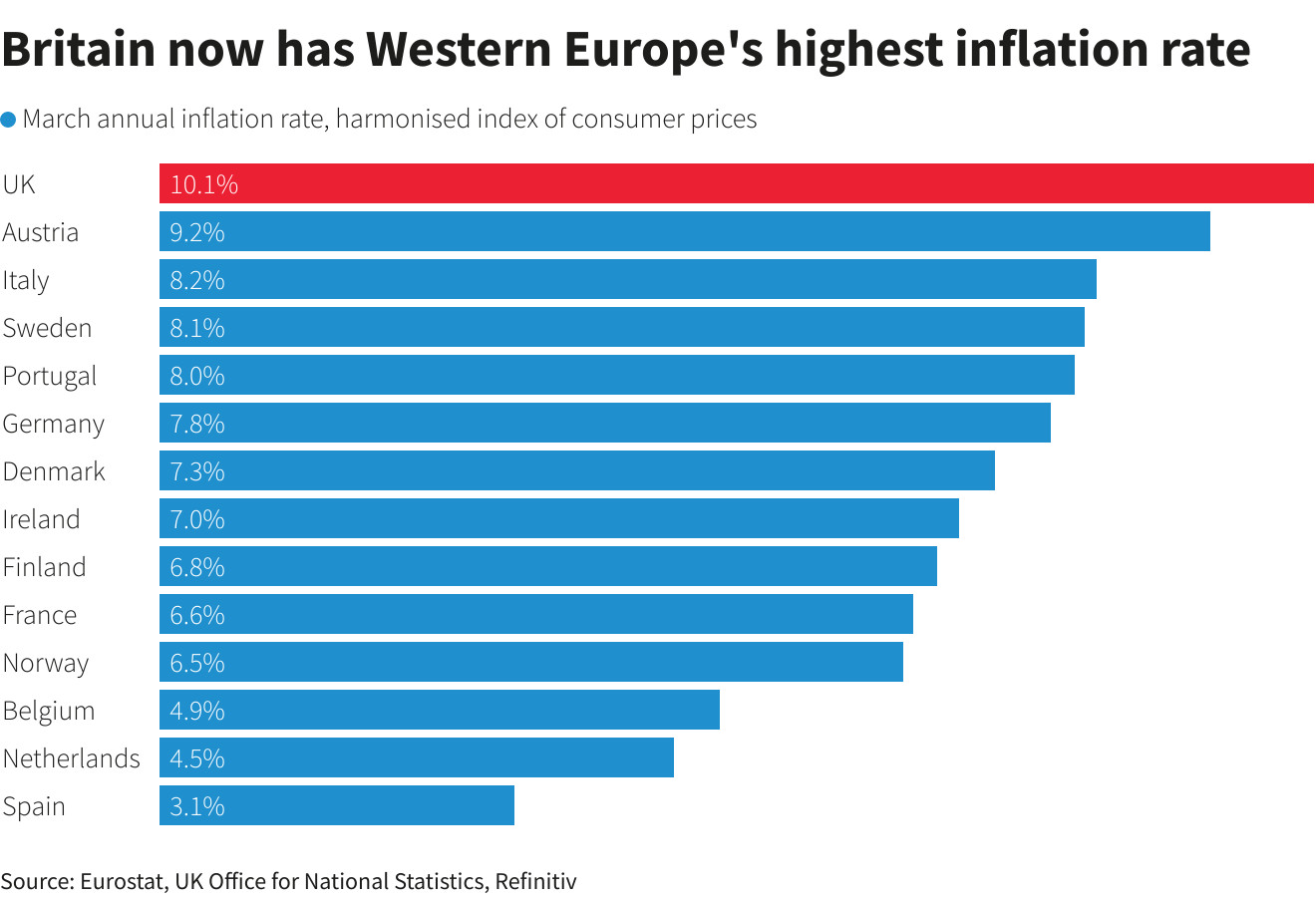UK Inflation Climbs, Forcing Bank of England to Consider Rate Decision
The UK inflation rate unexpectedly climbed to 2.6% in November, marking its highest point in eight months and raising significant questions about the Bank of England's upcoming decision on interest rates. This increase follows a similar rise in October, signifying a concerning upward trend in prices. This development has led to intensified market expectations that the Bank of England will likely maintain its current borrowing costs at 4.75% rather than implementing a reduction, despite calls for rate cuts in the face of an economic slowdown. The rise in prices has been primarily driven by increases in fuel costs, impacting consumer spending and adding further complexity to the economic outlook.
Understanding the Inflation Increase: Petrol Prices, Groceries, and Budgetary Impacts
The Office for National Statistics (ONS) attributed the latest inflation increase to several factors. Rising petrol and diesel prices played a significant role, with petrol prices climbing by 0.8 pence per litre and diesel by 1.4 pence per litre between October and November. This increase directly impacts transportation expenses, affecting both individuals and businesses. A significant jump in grocery prices also contributed to the overall inflationary pressure. The recent Budget's increase in tobacco taxes further fueled the rise in consumer prices. In the realm of services, prices increased faster than the cost of goods, suggesting a broader pattern of price escalation beyond basic necessities. The cost of housing and rent also saw a considerable increase, putting pressure on household finances. However, air travel saw a notable decline in November prices, indicating that not all sectors are experiencing price increases.
The Bank of England's Dilemma: Balancing Inflation and Economic Growth
The Bank of England faces a difficult decision. Maintaining higher interest rates helps curb inflation by reducing borrowing and spending, thereby dampening demand and price increases. However, simultaneously maintaining higher interest rates could stifle economic growth. The recent contraction of the UK economy by 0.1% in October underscores the economic fragility, compounding the central bank's challenge. Higher interest rates increase borrowing costs, which negatively impacts business investment and consumer spending, potentially causing a recession. Earlier this week, the ONS reported that regular wage growth strengthened to 5.2% during the August-October period, exceeding expectations and adding further complexity to the Bank’s interest rate calculation. Economists widely predict the Bank of England will hold its benchmark interest rate at 4.75% at its meeting on Thursday. The decision to hold the interest rate stems from concerns about stubbornly high inflation and the risk of wage-price spirals. Financial markets currently place a 90% probability on this outcome.
The Services Sector's Impact on Inflation
The significant contribution of the services sector to inflation further complicates the situation. The services sector, encompassing around 80% of the UK economy, displays persistent inflationary pressure, indicating deeply entrenched pricing dynamics within this segment of the market. This resilience of inflation within the services sector underscores the challenges faced by the Bank of England in achieving its inflation target. Recent wage growth acceleration further complicates matters, prompting a cautious approach from the Bank towards implementing interest rate cuts.
Government Policies and their Influence on Inflation
The recent government budget, which included increases in taxes and spending, has also come under scrutiny for potentially contributing to higher inflation. Economists speculate that increased employer national insurance contributions could lead businesses to raise prices to offset the additional costs. This situation further underlines the interlinked nature of fiscal and monetary policy in influencing inflation.
Concerns Regarding the UK's Economic Growth
The U.K. economy’s weaker-than-expected growth trajectory further complicates the situation. The economic contraction observed in October adds to the mounting concerns about the resilience of the British economy against inflationary pressures. The divergence between the Bank of England's growth projections and the actual economic performance adds another layer to the complex challenges confronting the Bank of England in making the optimal interest rate decision. The latest data on factory orders adds further concern, indicating a slowdown in industrial production. All of this places added pressure on households across the nation.
The Road Ahead: Navigating Uncertain Economic Waters
The UK economy navigates challenging waters with inflation stubbornly above the Bank of England's target, alongside slow economic growth. Even if inflation does decline in the coming months, prices are unlikely to decrease substantially, leaving consumers facing higher costs. The Bank of England's decision on interest rates will significantly influence the economic trajectory, balancing the imperative to control inflation with the need to support growth and prevent a recession. The upcoming months will be crucial in observing how consumers and businesses respond to the current economic conditions, as any further decisions from the Bank of England will take this into consideration.
The coming months will be crucial in determining the actual impact of the Bank of England's decision and its impact on the UK economy. We must closely monitor the evolution of price pressures and overall economic activity to fully understand the long-term implications of the current inflationary environment. Careful analysis of consumer behaviour will be key to understanding how these changes influence spending and investment decisions, as well as how they will influence the UK's continued economic recovery. The recent news regarding wages certainly presents a challenge in navigating this difficult terrain and the Bank of England's response will need to be carefully calibrated to ensure a stable and sustainable future for the UK's economy. This situation demands ongoing evaluation and a well-defined strategy to control inflation while encouraging economic growth.


















